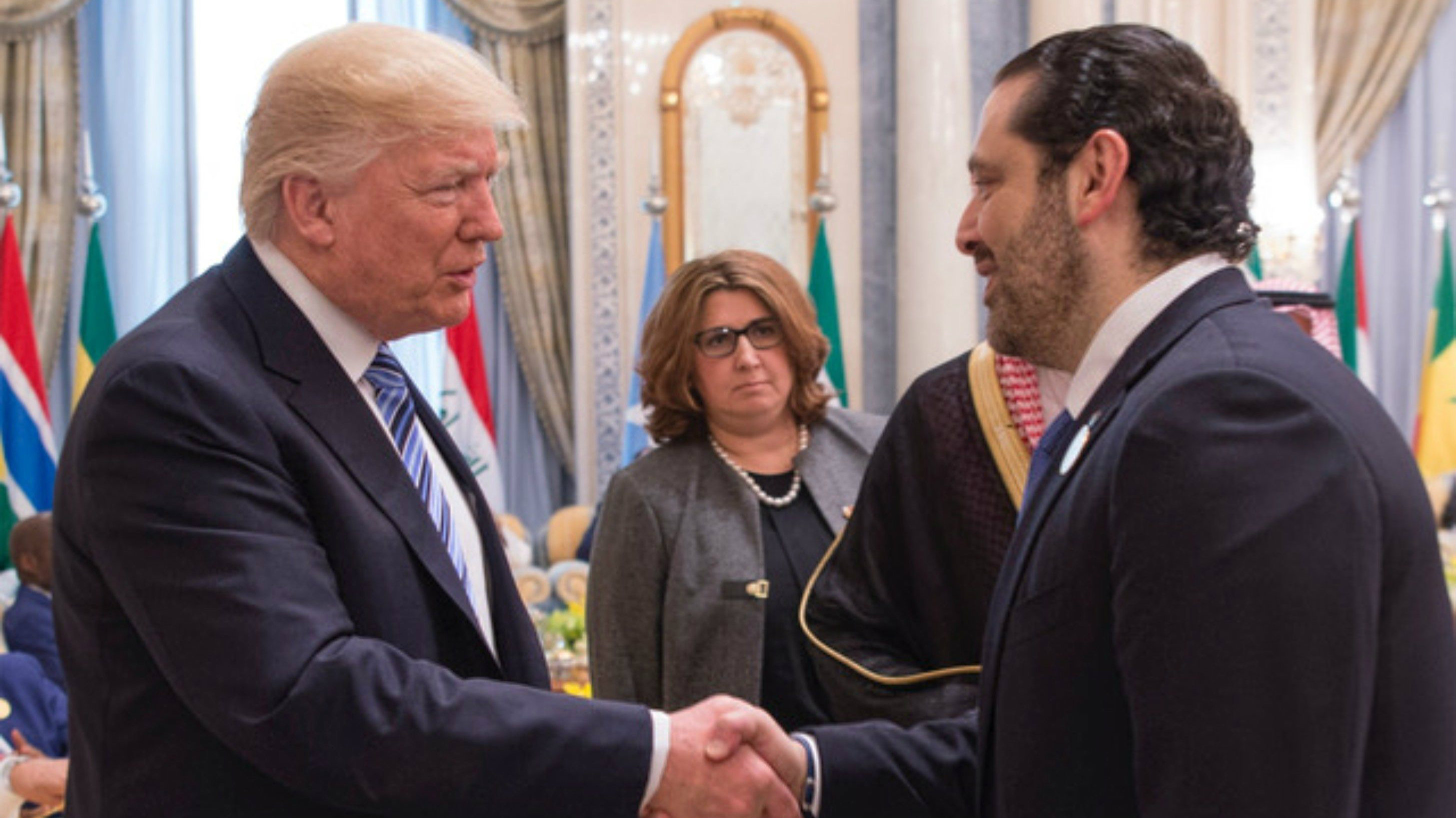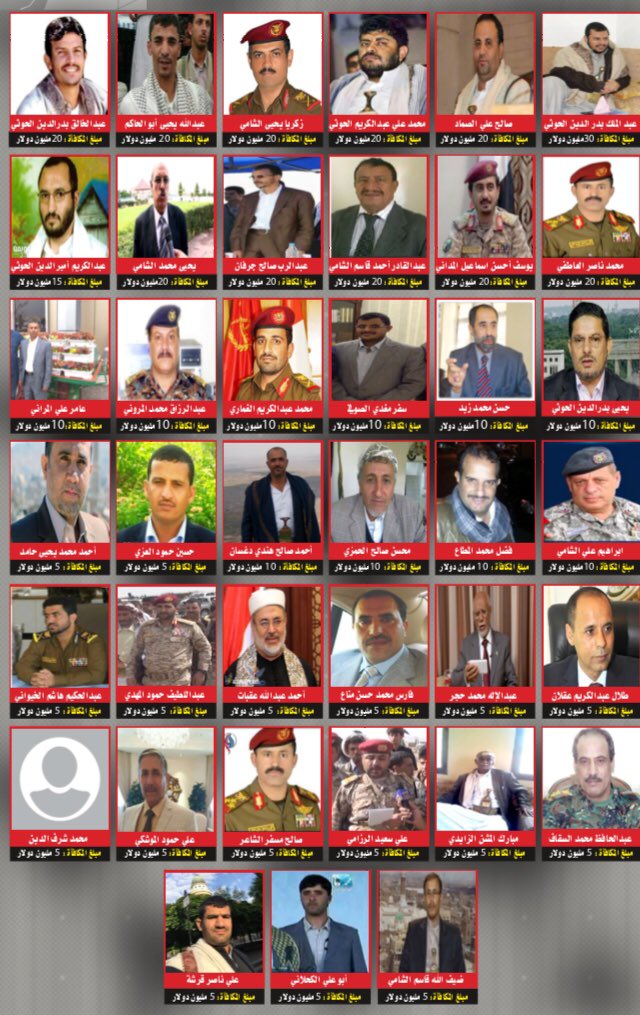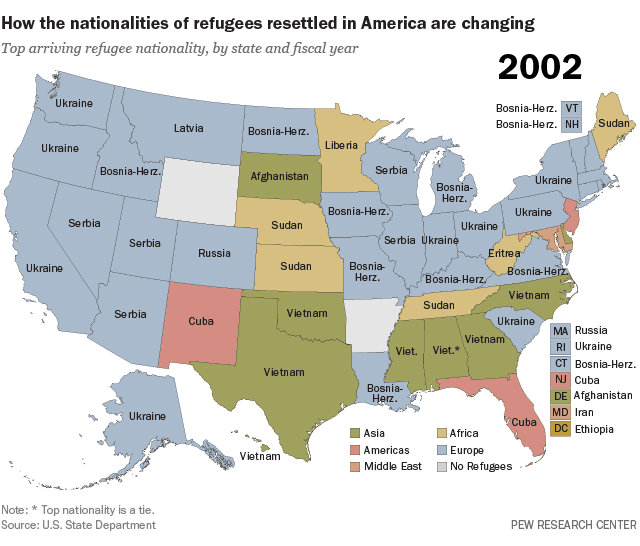When the price of oil at the barrel hovers in the range of $50.00, oil rich nations start to see red on the balance sheets due in part to U.S. fracking.
This too is a reason that Russia and Saudi Arabia are making some desperate decisions. While Russia has no intention of altering internal operations with regard to employment and consumption, the Saudi Kingdom has countless moving parts under consideration for a long term survival strategy especially with a rather new leadership in the order of Princes.
This is not a recent condition for the Saudi royals as it began with real attempts to control the outflow of money and playboy princes spending money globally including in fraudulent and illicit activities.
The kingdom has big plans for the future to compete and must remove all internal obstacles first to gain investment money.
Rhiayad has made a decision to no longer rely on oil for economic sustainability.
The future of Saudi Arabia is described here and is known as ‘Vision 2030‘.
It was once procedure to keep chaos in the Kingdom quiet, but not so much anymore.
King Salman’s sweep may have been foreshadowed two weeks ago, when Maan al-Sanea, a raffish Kuwaiti billionaire, was arrested at his home on the eastern coast of Saudi Arabia.
An exceedingly messy affair ensued. The head of the Gosaibi family accused Sanea of opening the bank—which was called the International Banking Corporation, or T.I.B.C.—without his consent, and of systematically defrauding the family and the bank’s customers. Corporate investigators subsequently uncovered what they believed was evidence of a scheme involving forged signatures and the issuing of fake loans. Lawyers for Sanea claimed in court that the Gosaibis knew what he was doing all along, but they never explained the signatures or loans the investigators had raised questions about.
The financial complexities of the case were daunting—in part because of the opacity of the Saudi legal system. The dispute between the Gosaibis and Sanea played out in separate lawsuits in the Cayman Islands, Switzerland, Bahrain, the U.A.E., and other legal jurisdictions around the world. Yet only one jurisdiction, Sanea’s lawyers claimed, truly mattered. “Our client’s position has always been that the substantive dispute between him and the al-Gosaibi family can be dealt with properly in Saudi Arabia,” they said. More details here.
*** Then there is the case of Prince Abdul Aziz bin Fahd. Is he dead or not? The Kingdom says no he only being detained. Others say hold on….this too appears to be about flaunting money in some cases…dark corners, other places globally. Some real fascinating details are here.
Saudi Arabia has some competitors for economic survival, those being Qatar, the United Arab Emirates and Kuwait. Then there is of course Iran, an even more devilish enemy to Saudi Arabia in many cases than it is to Israel and the United States.
Saudi Arabia has been at war in Yemen due to the Iranian back Houthi rebels for a few years and still has to contend with Bahrain which too has a Shia majority, often inspired by Tehran as was seen in the 2011 Arab Spring protests.
Then there is Lebanon. While Lebanon does have a sizable Christian population, it is essentially controlled by Iran’s Hezbollah and too holds the largest number of refugees from the Syrian civil war. Lebanon’s Prime Minister took a trip to Washington DC and the Trump White House in July, likely to explain conditions in the country taking a tailspin. In early November, Prime Minister Hariri traveled then to Saudi Arabia, probably at the Kingdom’s demand and soon resigned. He is reported to still in in Rhiayad under consultation and protection as he feared for his life in Lebanon as it is reported. Hariri may be hold up at the Ritz Carlton along with the dozen other detained princes under a tight military security condition.
Iran is controlling Lebanon, Syria and Iraq and is working to do the same in Yemen. The Saudi Mission in the United Nations has justified a new blockade on Yemen by accusing Iran of “direct military aggression”, linking Iranians and Hezbollah to a Burkan H2 missile fired by Houthi rebels towards Riyadh airport and oil facilities, as stakes raised between regional rivals. Iran’s president Rouhani declared Saudi Arabia to stay out of the business in Lebanon.
So is a larger conflict looming? The tea leaves reveal that probability. So, if that is the case, the Kingdom needs all wayward princes out of the way including those in opposition to the modernization of the Kingdom and money will be an issue. $800 billion is on the line so far and rumored to be confiscated.
What is notable is Saudi Arabia issued a declaration directly after Prime Minister Hariri resigned for all Saudi citizens in Lebanon to leave Lebanon immediately as Bahrain has done the same.
So, with regard to funds. a Saudi attorney general said legal probe underway suggests at least $100 billion has been misused in corruption and embezzlement over several decades. 208 were part of the legal probe and have been released, while others are detained and more investigations continue.
So far: The UAE, particularly its most commercially prominent emirate Dubai, is one of the main places where wealthy Saudis park their money abroad. In addition to bank accounts, they buy luxury apartments and villas in Dubai and invest in the emirate’s volatile stock market.
Huge amounts of money may be at stake. Corruption has over the years siphoned off $800 billion from Saudi state revenues, an official at the Riyadh Chamber of Commerce and Industry has estimated; bankers believe much of it is held abroad, in countries including Switzerland and Britain.
ASSETS SOLD
Some wealthy Saudi individuals have been liquidating assets within Saudi Arabia, the UAE and other Gulf countries this week, apparently in an effort to move money out of the region and escape the crackdown, private bankers and fund managers said.
*** Whenever and wherever there is political unrest, Russia is always lurking. That is part in parcel why Russia was mentioned at the top of this article.
There is little doubt that Putin’s foreign policy centers on reviving Russia as a major international power, which seeks to undermine the global American alliance that has underwritten international security since the end of the Cold War.
Stretching across Europe, Asia and the Middle East, this alliance has continually thwarted Russia’s primary foreign policy ambitions. Seeking to break Russia free from America’s preeminence, Putin persistently employs tactics below the threshold of war to fracture the global system and artfully exploits the unintended consequences this inevitably creates.
Putin’s asymmetrical moves have sought to cast doubt on the credibility of American security guarantees in Eastern Europe and in the Baltic. And while alarm bells have sounded, Putin has shied away from direct military confrontation with NATO.
Putin has also now turned to a second front by exploiting the void left by U.S. retrenchment from the Middle East. The projection of Russian military power in Syria in the summer of 2015 ushered in a new era of expansion in the Arab world – particularly through arm sales and limited military involvement. In Moscow’s view, the Middle East is ripe for disruption, with lower risks of a direct confrontation with the United States.
Putin’s show of force unsurprisingly has found him new friends and new buyers. Regional powers are hedging against U.S. unpredictability and seeking out Russian benevolence. Furthering the sense of uncertainty is the lingering crisis between the Gulf Cooperation Council states and Qatar. While the Gulf sees uncertainty, Russia sees an opportunity to prey on their doubts.
The announced sale of the S-400 missile defense system to Riyadh during the October visit of King Salman to Moscow, the first Saudi monarch to visit Russia, is a further sign of the deepening role Moscow is playing in an area of the world where the U.S. has traditionally been predominant.
This is not the first time Putin has ventured into arm sales in the Middle East, a region that is typically dominated by the U.S. weapons industry. Previous sales of the S-300 have been delivered to Iran, while Turkey recently signed a deal with Moscow to acquire the S-400 as well. Furthermore, Bahrain and Qatar, the home to the U.S.’s Fifth Fleet and the Al Udeid military base respectively, have also expressed interest in acquiring the system, according to Russian media. Its acquisition, if completed, raises important implications for the U.S.’s strategic posture in the Gulf. The proliferation of such systems is certainly not in America’s interest.
The acquisition of the S-400 by Riyadh comes after the U.S. recently sold $15 billion worth of THAAD equipment to the Kingdom. This system will be the premier ballistic missile defense system in the Middle East, with the exception of Israel’s. But for its new air defense system, Saudi Arabia felt the need to turn to Russia.
Riyadh’s rapprochement with Moscow is a way to hedge against a more uncertain U.S. engagement and to gain some leverage in its relationship with Washington. While the U.S. has tried to assuage Saudi concerns about its own steadfastness in the region, Moscow has been able to sow enough doubt in Riyadh to undermine American efforts. Riyadh is careful to show that it won’t completely fall in line either with Washington or Moscow but will try to balance one relationship with the other. While the agreement to purchase the S-400 is a signal towards Washington, it is equally telling that the sale of the THAAD missile defense system was approved amidst Salman’s visit to Moscow. More here by Andrew Bowen.
Not even a crystal ball or a higher power can really sort all of this out…but now you have some facts giving rise to some clues and can make a better estimation….right?












